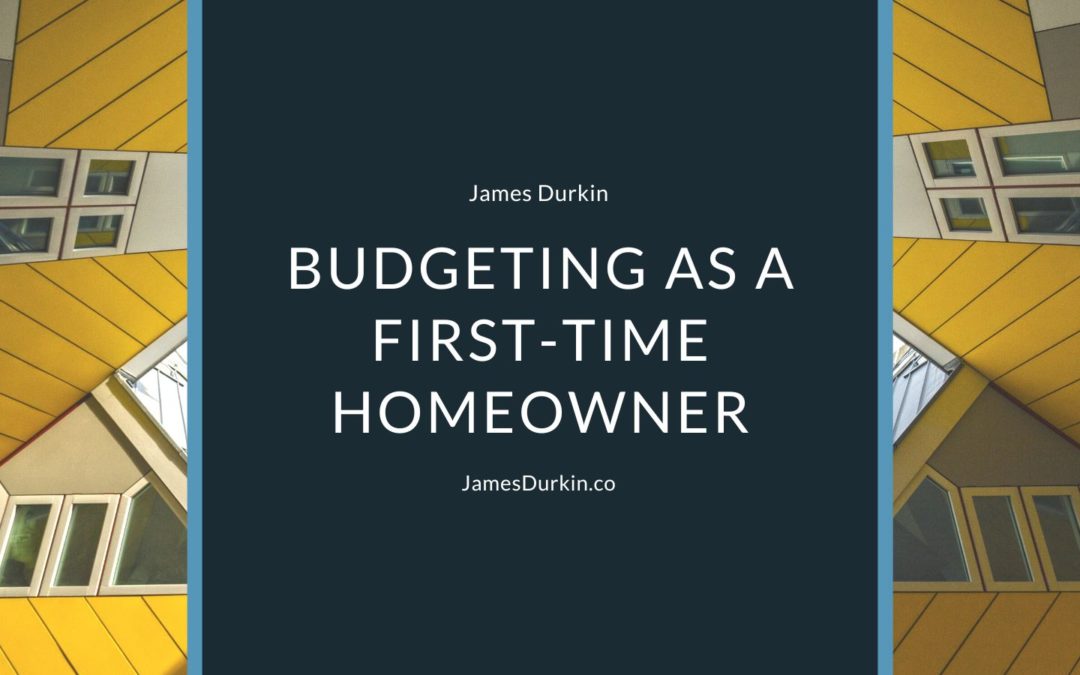When buying a first home, it is easy to see big-picture items like the asking price. Numerous unforeseen costs exist, not only at the moment of closing but also throughout homeownership.
Before falling in love with a house, it’s crucial to be realistic about the property for you. Your yearly gross income multiplied by 2.5 can give you an approximate price range. There are also affordability calculators online. However, your salary is one of many things to consider when making a large commitment like a home. How much you can afford is affected by other variables. The higher your credit score, the more opportunities you will have to get a low-interest mortgage loan, and the more appealing you will seem in contrast to other potential buyers. When calculating costs, remember to include the down payment, which can vary depending on the mortgage lender, closing costs, relocation expenses, and additional fees related to a move. Down payments may vary from 3% to 20% of the home’s purchase price, depending on your mortgage type and credit history.
Insurance is another factor. To secure your new house, you must get homeowner’s insurance. However, you could also be responsible for another insurance that protects the lender who financed your property purchase. Private mortgage insurance (PMI) is for homeowners who pay less than 20% of the home’s purchase price. If you have a traditional loan and a down payment of less than 20%, your lender will require monthly payments until you own 20% equity of the property. Save for a more significant down payment if you want to avoid PMI. Discuss your alternatives and the best course of action for your circumstances with your lender.
Before committing to a home, ensure a complete inspection has been done. Major expenditures such as HVAC systems or roof repair can be devastating if you are not prepared. Remember that a seller’s pre-inspection or insurance appraisal is superficial and less in-depth than a buyer’s inspection. The goal is to find any potential problems before they become yours. Do not assume that a seller must include everything in the Seller’s disclosure.
Closing costs include tax services fees, credit report fees, appraisal fees, government recording fees, and origination fees for your lender. Closing expenses typically represent 2% to 5% of your purchase price. For a property with a $200,000 purchase price, expect between $4,000 and $10,000 in closing expenses.
Regular monthly costs include your principal on a mortgage, interest, taxes, insurance, and HOA fees, if applicable. That is just for the home. In addition, you must budget for utilities and the care and maintenance of the house, inside and out. Remember to budget for lawn care and weather-related upkeep as a first-time homeowner.

